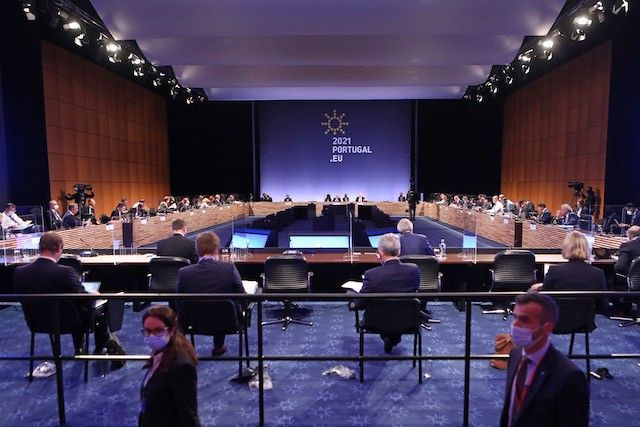Since the US spoke out in favour of a global minimum corporate tax, the discussion has been revitalised at OECD level, which in July 2013 launched its action plan on base erosion and profit shifting.
A new European Tax Observatory launched on 1 June aims to support EU policy makers through research and analysis. It received a budget of €1.2m for 2020-21 to “deepen the research on tax avoidance, tax evasion, and aggressive tax planning,” according to a press statement.
The observatory is attached to the Paris School of Economics and other academic partners and led by Gabriel Zucman who said in his 2015 book “The Hidden Wealth of Nations” that “Luxembourg is at the heart of European tax evasion”, adding that “it is essential that Luxembourg go backward.”
In its first report, the observatory estimates how much tax revenue the EU could collect by imposing a minimum tax on the profits of multinational companies. It concludes that an additional €170bn could be raised in one year with a minimum 25% rate, with corporate income tax revenue growing from €340bn to €510bn.
And Luxembourg would be the biggest beneficiary. It would receive €7.9bn in extra revenue under a minimum corporate tax of 25%, an increase of 282.3%, way ahead of Ireland, in second place (+167.95%), which recently spoke out against the global minimum rate.
But countries like Cyprus, Ireland and Luxembourg--labelled as EU tax havens in the report--won’t necessarily be winners in the long-term. “In reality, with an international agreement on a minimum tax, headquarters might move to currently high-tax countries, which means that tax havens would likely benefit less,” the report says.
Rate up for discussion
The topic will be on the agenda of a G7 finance ministers meeting in London on 4 and 5 June, including the prospective rate of such a global minimum corporate tax.
In the EU, the €170bn increase in tax revenue would drop significantly under a 21% minimum (€98bn) and even further with a 15% rate (€48bn). At a 30% rate, tax revenue would jump to €270bn.
“The choice of the minimum tax rate matters greatly, and an agreement on a low minimum tax is unlikely to significantly increase tax revenues in the European Union in the short-term (though it may pave the way for a higher minimum tax rate in the future),” the report states.
While the US initially suggested a 21% rate, it has revised this number to 15%. Irish finance minister Paschal Donohoe, however, in an interview with Sky News on 25 May said his country’s 12.5% rate would still be in place in five to ten years’ time.
Luxembourg finance minister Pierre Gramegna (DP) showed himself open to a global corporate minimum but said in an April interview with Bloomberg that small countries in the EU “have specific considerations to value and put forward that need to be taken into consideration.”
This story was first published in French on Paperjam. It has been translated and edited for Delano.
